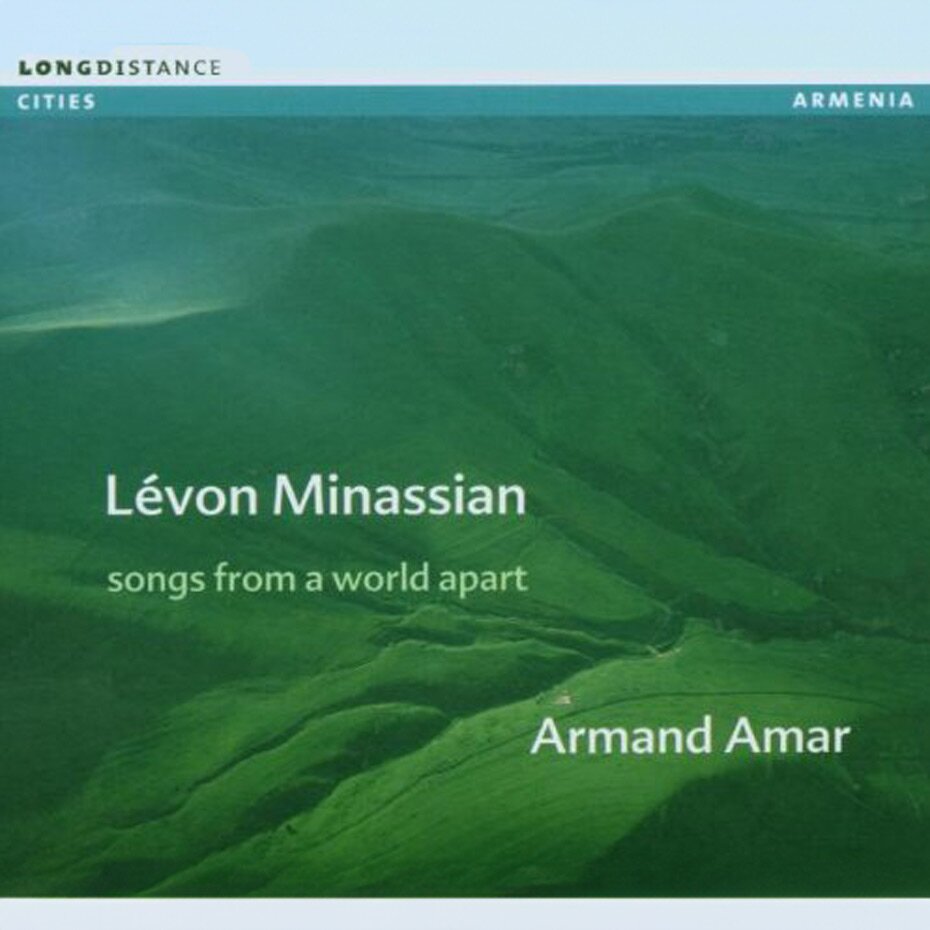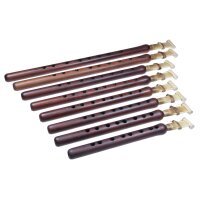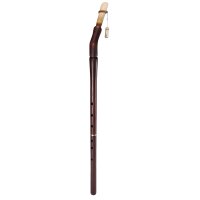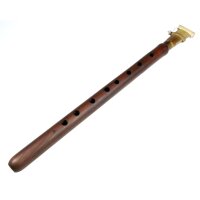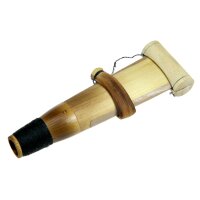The typical sound of the Duduk is often described as contemplative and melancholic. The Armenian double-reed woodwind instrument again and again enchants people with its smooth sounds. Actually the repertoire of sad songs for the Duduk is by far larger than that of hilarious or dancing tunes. But what does sad mean? Which feelings and temper can be expressed with the Duduk? And when does the Duduk sound bright and jovial?
"The Duduk is the only instrument that makes me cry", said Aram Khachaturian, the Armenian composer. In fact, it is an extraordinary sensibility that speaks from the sounds or the Duduk. In contrast to other forms of oboe instruments, such like Zurna or Shehnai, it seems benignity flows out of the Duduk: subtle, feathery, gauzy and sometimes fragile sounds characterize the instrument. That's the reason why in Armenia the Duduk is more often played on occasions like funkerals that require a gentle, empathetic sound, rather than weddings, birthdays or baptism. The music of two Duduks that is played at funerals is highly regarded in Armenia: One Duduk plays the constant drone. And the other Duduk plays the melody, adorned with melisma, vibrati and slides.
However, it is said about the Duduk that it is able to express sadness and joy simultaneously. At least a pair of Duduks is set up in nearly every folk ensemble in Armenia. In combination with, for example, with Dhol, Kanun and Kamancheh, the Duduk looses its melancholy and gains lightness. The ensembles play at public events and concerts and often serve as the musical setting for Armenian dance groups. In this context, the Gurdjieff Ensemble is definitely worth listening to:
It is understood by some Armenians that the Duduk is a 'serious' musical instrument not only because it is played at funerals but also because a certain maturity of its players is required. Not every one could play it, because it requires more skill than other, similar instruments. Such ideas are circulating today around Armenian Duduk players to keep the myth and the unique character of the Duduk alive.
In the meantime however, lots of people have taken up the instrument including those outside of Armenia. The Duduk is thus perfect for those who enjoy sounds and who enjoy tracing sounds and dedicating time to them. It is an instrument for sound researchers who are searching for yet not heard opportunities for combination with other music instruments and styles of music. It is a tool for acoustic researchers who are looking for possibilities of combinations, yet unheard of, with other musical instruments and musical styles. Without a doubt, the Duduk is a delight for all those who are setting the magic, the invisible in motion, by means of sound and music.
The Venezuelan musician Pedro Eustache sets the duduk very successfully in a variety of styles, including pop music, classical music and music in films:
Other musical groups with inspiring new style contexts and range of use of the Duduk are the World Music Ensemble SANS and the Music Project „Sakina & Roye Ma“ with Emrah Oguztürk, a specialist for the double-reed instruments Duduk, Zurna and Mey.
And for all Spotify users there is a nice Duduk Playlist here.
